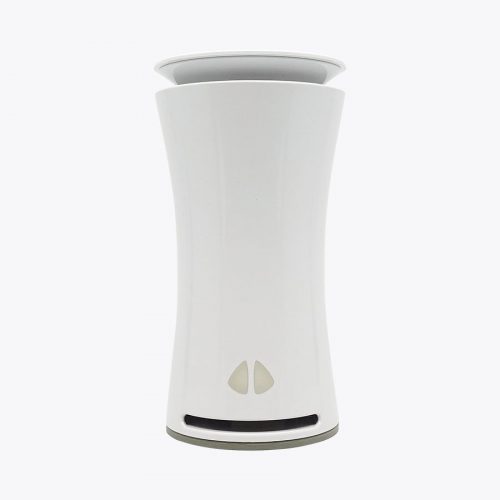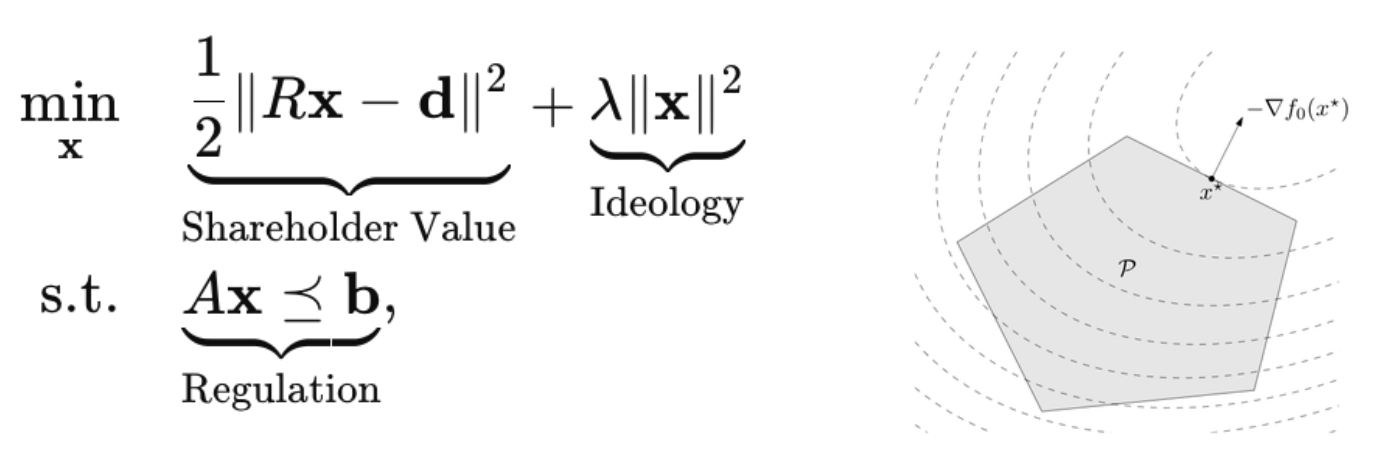I love calculator
Sep 8 2024
The other day I was randomly browsing in a bookstore and stumbled by Empire of the Sum: The Rise and Reign of the Pocket Calculator. As I was flipping through its pages, a realization dawned on me with some force: I... love... calculator. I don't mean as a physical device that you would wish to purchase and use today. I mean as a product of technology and a symbol of a kind of philosophy. Behold:

The calculator is incredible. When operated with your fingers, it becomes a plugin for your brain, extending its computational capability in the domain of arithmetic. It makes you smarter. But even more incredible is the means by which this happens. The calculator is a fully self-contained physical artifact that has an almost zero "dependency footprint" on the rest of our technosphere. To perform its function it only requires light (thanks to its tiny solar panel on the front), and/or batteries, which are a universal commodity. You may choose to purchase the calculator with one single exchange for money. From that point on it is yours. It turns on whenever you press "ON", ready to compute on your behalf. If you traveled back in time with this little thing that you can hold in the palm of your hand and gave it to people living thousands of years ago, it would just... work. It would feel completely, wildly, insanely miraculous.
Let's put this in perspective to the technology we increasingly accept as normal. The calculator requires no internet connection to set up. It won't ask for bluetooth permissions. It doesn't want to know your precise location. You won't be prompted to create an account and you don't need to log in. It does not download updates every other week. You're not going to be asked over and over to create and upgrade your subscription to the Calculator+ version that also calculates sine and cosine. It won't try to awkwardly become a platform. It doesn't need your credit card on file. It doesn't ask to track your usage to improve the product. It doesn't interrupt you randomly asking you to review it or send feedback. It does not harvest your information, for it be sold later on sketchy data markets, or for it to be leaked on the dark web on the next data breach. It does not automatically subscribe you to the monthly newsletter. It does not notify you every time the Terms of Service change. It won't break when the servers go down. The computation you perform on this device is perfectly private, secure, constrained fully to the device, and no running record of it is maintained or logged anywhere. The calculator is a fully self-contained arithmetic plugin for your brain. It works today and it would work a thousand years ago. You paid for it and now it is yours. It has no other master. It just does the thing. It is perfect.

Why is so much of our technology drifting towards complex, dependency-bloated, user-hostile, anti-pattern-ridden mess? One analogy that often comes to mind is that in a capitalist economy, companies can be modeled as solving the optimization problem of maximizing shareholder value given the constraints of regulation. Are these symptoms of companies hyperoptimizing the objective? Why sell a product when you can rent it, maximize information and control both present and future and collect and monetize any and all customer data? Are governments lagging and out-gunned, facing off with user-hostile industry practices, unpriced externalities and monopolies? It is up to us, as both consumers and developers, to remember and feel deep in our bones what technology could be. It could be like the calculator. Maybe not in a concrete, practical sense for all products and services across the economy, but as a kind of platonic ideal one can approach along various dimensions. As consumers, we can be more aware and sensitive to this drift and fight back by eating into the bottom line - the shareholder value term. And as developers, we can contribute an extra term to the optimization - the regularizing gradient of ideology. Only in this way shall we hope to reach the global optimum.

Related content that I am aware of and found enjoyable and influential: